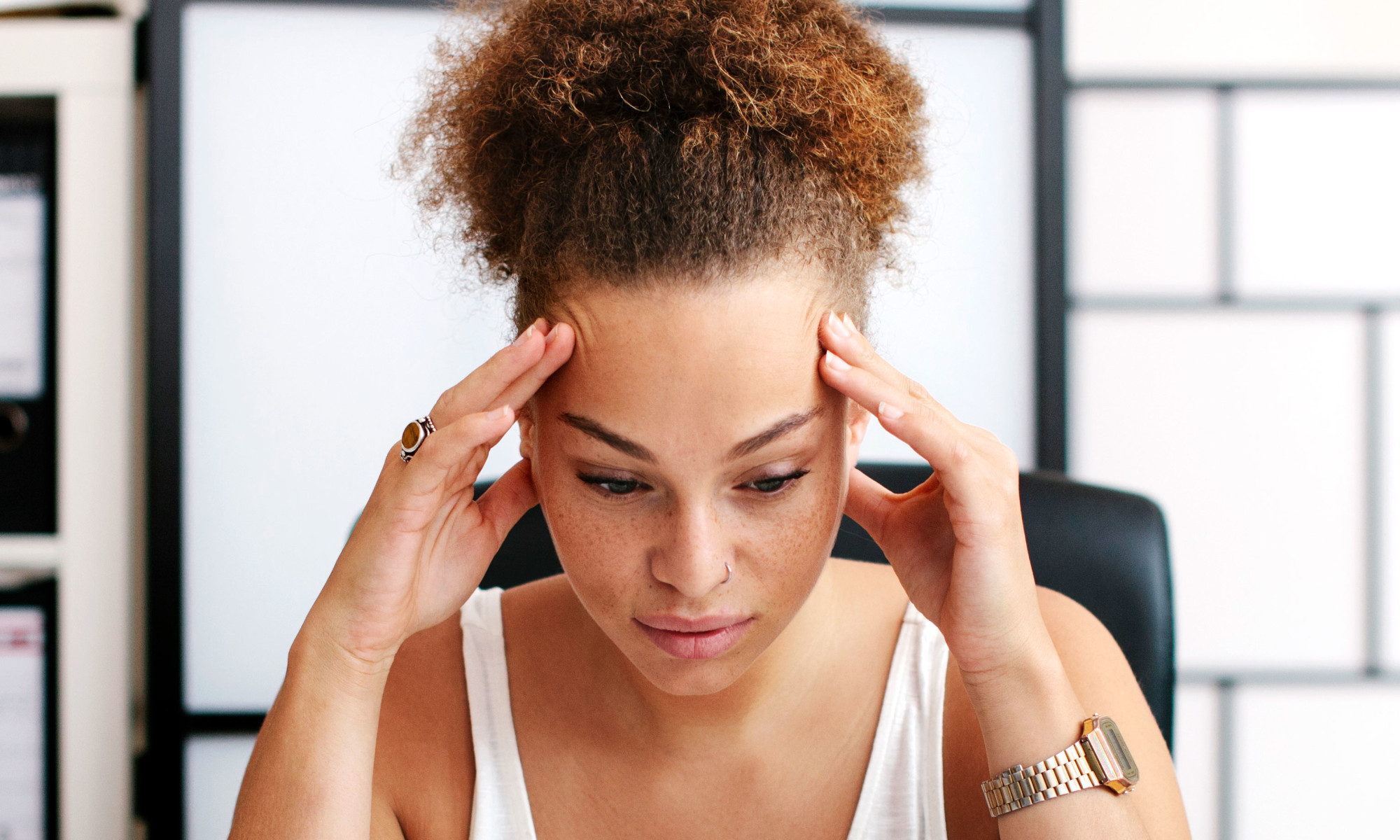We all have a limited number of resources in various areas, such as time, money, emotional strength, and the social capital of friendships. All of these elements facilitate our ability to meet the demands of life events.
When the demands placed on us exceed these resources, we experience stress. In a simple analogy: if you are 10 minutes away from a meeting that starts in five minutes, you will feel stress for (at least) five minutes. Likewise, if your monthly financial needs exceed your income and savings, you will experience prolonged levels of stress as you run out of cash.
Often, demands and resources are less tangible than time or money. For example, emotional demands can accumulate and exceed our emotional capacities, leading to significant stress. If you have to deal with a complicated family situation, such as a difficult parent or a child with an eating disorder, this can make dealing with other life stressors virtually impossible. In fact, for some people, even a minor personal altercation at work can be a catastrophic stressor that sends them into an emotional loop for several days.
If you’re not in tune with your stress levels and the extent to which the demands of your life exceed your resources, you risk feeling completely exhausted and not even realizing what’s happening. When this happens, stress can very quickly lead to even more stress. Indeed, stress can have real-world consequences, affecting our mood, our physical sensations, our productivity, our decision-making and, ultimately, our happiness and well-being.
When I explained all this to Jenn, she still looked a little perplexed. “But I have heart palpitations,” she said. “Isn’t that a sign of a panic attack?”
I explained that yes, her symptoms were similar to panic, but they were not from anxiety. I pointed out to Jenn that her elevated heart rate and restricted breathing weren’t caused by something she didn’t need to fear, which meant she wasn’t anxious. Instead, Jenn was genuinely overwhelmed by not having the resources to manage the stressors in her life.
“Does your “panic” increase and decrease depending on your fear? I asked Jenn. “For example, do you worry that you will suddenly have a heart attack and die when you experience feelings of panic, even if you have no known medical problems? »
Jenn admitted that no, she didn’t worry about things like that. I then asked her whether her feelings of “panic” increased or decreased depending on the number of demands placed on her and the few resources she had.
“Yes!” she says. “That’s exactly what’s happening. Like the other day, I was at work when my son’s school called me and said he had a fever and I could come in on look for. Well, we were short-staffed at work, and I was helping a family who had just been evicted find housing. My husband was traveling out of state on business, so I “I started calling friends I trusted to come pick up my son, but I couldn’t get through to anyone. By the third unsuccessful call, I started hyperventilating!”
Jenn stopped to take a deep breath, almost as if she was afraid she might start hyperventilating right here in my office. “Actually, that’s the day I called you,” she said. “I was starting to panic, and that’s when I started searching the web for anxiety clinics.”
“I’m glad you called and came in,” I said. “Just so I can make it clear that you are not suffering from an anxiety disorder. You are overly stressed, giving you a moderate level of feelings of anxiety. But there is a difference between this and panic disorder or another form of anxiety. In truth, it’s not bad news to learn that you’re stressed since it’s quite easy to manage.”
#Stress #anxiety #difference #youre #feeling
Image Source : www.mindbodygreen.com

